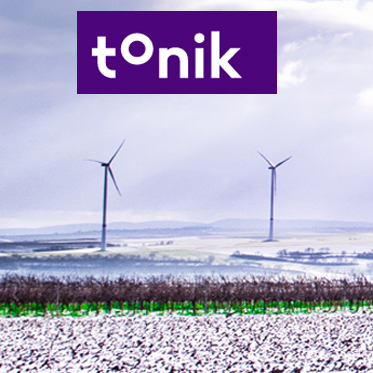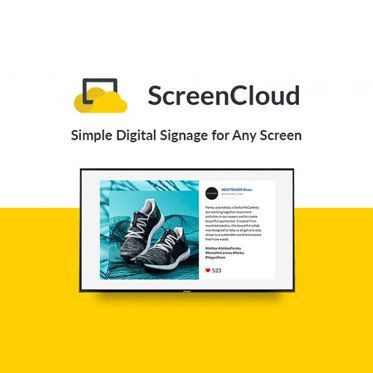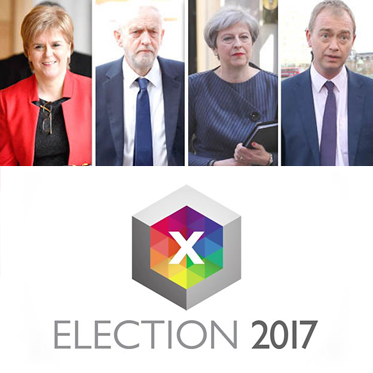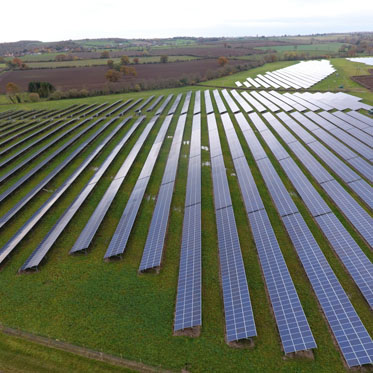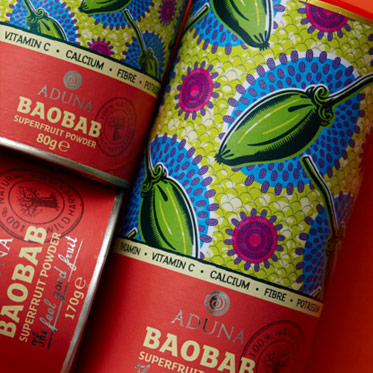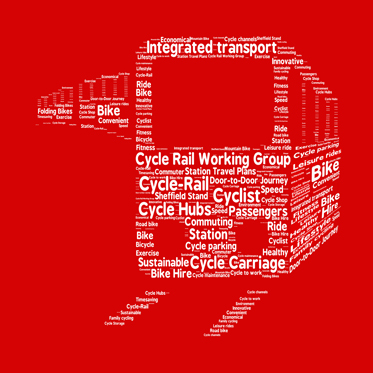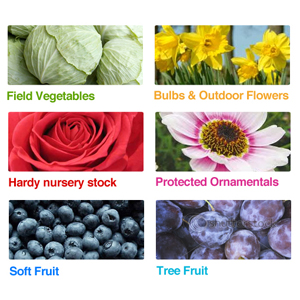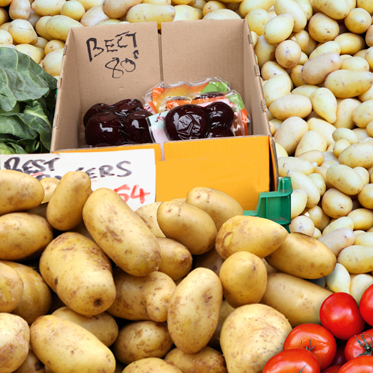One of the major national parties approached Be Different to provide online marketing expertise during Election 2017. We worked across key marginal seats. The aim was to replace an incumbent with the existing second place candidate. This required swings of between 8% and 10%. To achieve this we provided an effective online campaign and presence across social media and Google search.

The task was twofold. Firstly we had to identify which policies were finding the most resonance with swing voters in each constituency. Secondly we matched key messages that were personalised from the candidate to provide compelling reasons for the electorate to switch their vote and therefore being about the desired seat win.
Research and analysis
Using our suite of social media and search platform tools, we created a local constituency picture of voter intention, and cross referenced this with the issues that affected that vote. We then were able to identify where switches were possible and the issues that would bring about this desired result.
Working alongside agents and party activists we were able to correlate this data with information from the doorstep campaign to build up an overall picture. We then used this across a number of issues:
- Economy & Business
- Health & Social Care
- Education
- Europe
- Housing & Communities
- The Environment
- Justice & Human Rights
- International Affairs
- Political Reform
Maintaining Social Media for Election 2017
For each of the issues we were given approved messages. We added opinions and quotes for each local candidate to these in order to create localised variants for each constituency. We then created Facebook pages containing a post for each issue and added posts across Twitter and other social media channels to drive as much traffic as possible.
The posts were given as much life as possible by adding photographs from the different campaigns. These featured the candidates as well as higher ranking party members when they visited the constituencies. The subjects that worked best for the photographs were the public. We therefore secured permission to publish these photographs to the social media pages.
For longer pieces we used blogs that featured more in depth opinions and linked to these from Facebook, Twitter and the other social channels.
Video proved particularly effective. We took footage and created Youtube channels to create a video diary. Each video contained a short message about a particular subject. It was promoted through Facebook and Twitter to provide as much reach as possible.
Paid local search activity
Elections are hyper local however Political parties still treat much of their online activity as a national campaign. Our job was to provide local targeting through PPC. We used Facebook and Google to identify local audiences and to promote the key swing issues to them with a personalised message from each candidate.
Across Facebook we matched postcode searches against carefully produced demographic profiles. Our aim was to put the right message in front of the right person at the right time. Each message brought the audience back to the candidate’s homepage where a discussion was possible about the issue with the party team.
Google didn’t provide the same level of geographic targeting however we were able to focus on issues that the overall local audience was searching. As each issue was identified we placed text ads that brought the electorate into the Facebook page where a discussion of the local issues took place.
As the Election 2017 results emerged, we were pleased that each of our target candidates had achieved a swing in excess of the target to become MP for the constituency.
More Client profiles
